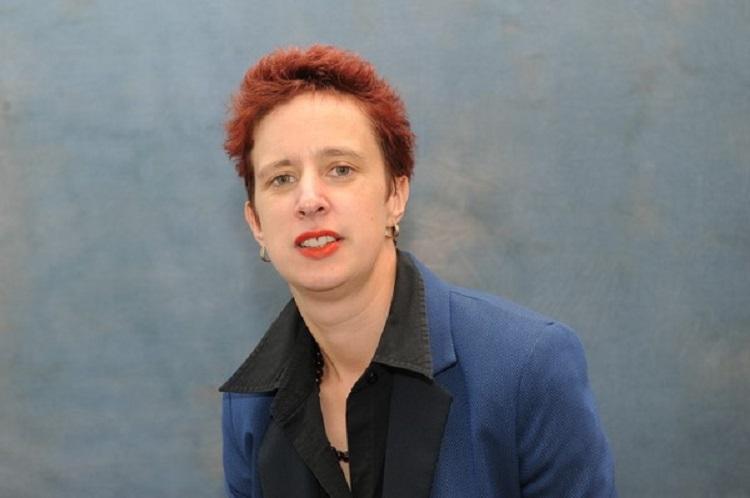The Institute of Economic Development (IED), the UK’s independent professional body representing economic development and regeneration practitioners, has added one of the country’s leading enterprise and social inclusion champions to its Board of Directors.
Julie Kapsalis, who is Vice-Principal of Chichester College where she oversees the College’s commercial businesses, has been co-opted to the IED Board until November 2017 initially. She is also Chair of the Chichester Chamber of Commerce and Industry, a Board Member of the Coast to Coast Local Enterprise Partnership, and was previously Director of Business Programmes at the South East England Development Agency (SEEDA) where she managed a portfolio of contracts including Business Link and Finance South East.
“I am delighted to have the opportunity to apply my expertise in economic development to the national stage alongside my local work through the LEP and Chamber of Commerce and Industry,” Julie said. “I bring a broad range of business development and marketing expertise to the IED and having worked at SEEDA for 10 years gained significant insight into regional economic development.”
Julie has undertaken considerable work in supporting more women to start up a business or come back into employment after having children. “As a mother to two young children, I see a lot of highly-skilled women struggling to return to work,” she said. “They often they end up underemployed or in roles that do not maximise their skills and expertise – access to quality and affordable childcare is a key challenge and barrier. This interest stemmed from my work at SEEDA where I was a Board Advisor to Prowess, an advocacy group for women’s enterprise. Through this work, I met Bev Hurley (IED Chair) and we began to lead and shape a range of initiatives to support women into business.”
Whilst this passion also saw Julie serve as an advisor to the UK Government’s taskforce on women’s enterprise, she recognises the breadth and depth of opportunities for all economic development practitioners. “Economic development draws on a number of drivers including skills, enterprise, trade, transport, infrastructure and culture – it is about pulling these strands together to generate job and wealth creation alongside quality of life. Bringing together interventions from the public and private sector is at the heart of LEP priorities to impact across the local and regional economy. There are also very different challenges facing urban and rural economies and I see this magnified in the Coast to Capital LEP. In rural West Sussex, access to broadband remains one of the biggest challenges to productivity and growth, in Brighton there are challenges around access to office space and high-level skills, and across the region there are issues around poor transport links and a lack of affordable housing.”
Julie plans to help the IED build links with LEPs and also utilise her knowledge on skills, an agenda she can appreciate from both sides given her role at Chichester College. “It’s about matching supply and demand,” she explained. “We have to train young people to give them the skills needed by businesses. The Government’s focus on apprenticeships and the new apprenticeship levy is an opportunity to harness growth in this area but it will mean that colleges and universities have to become more commercially minded and agile in supporting the ever-evolving skills needs of businesses.”
Having been a member of the IED since 2010, Julie is an advocate for the benefits of the organisation and is excited about the “journey” it is now on. “The IED is already doing a lot of excellent things and we need to build on these and make a difference,” she said. “We want to have an even greater voice on economic development and related issues, and ensure that we are representing our members effectively.”


Responses